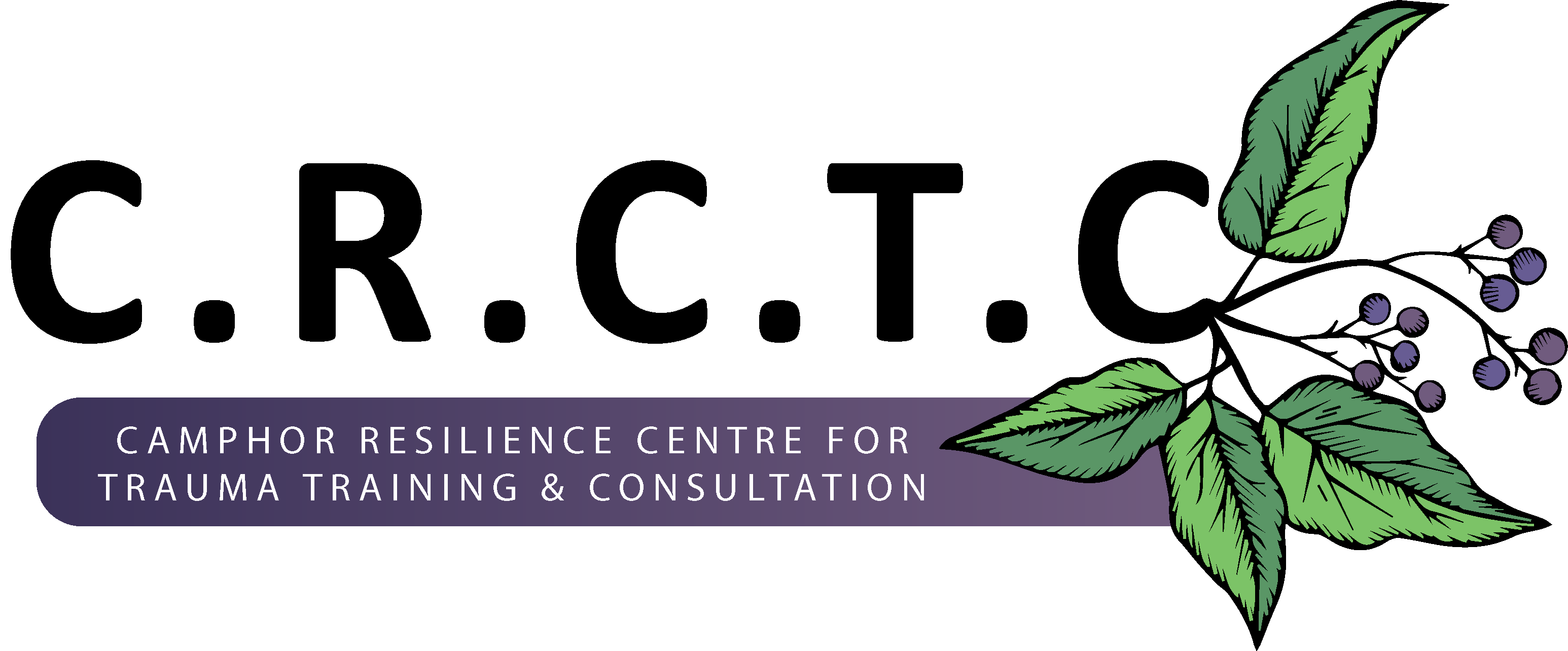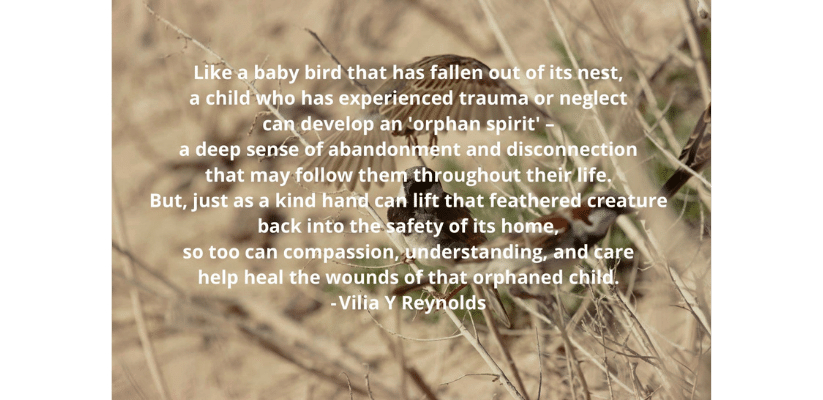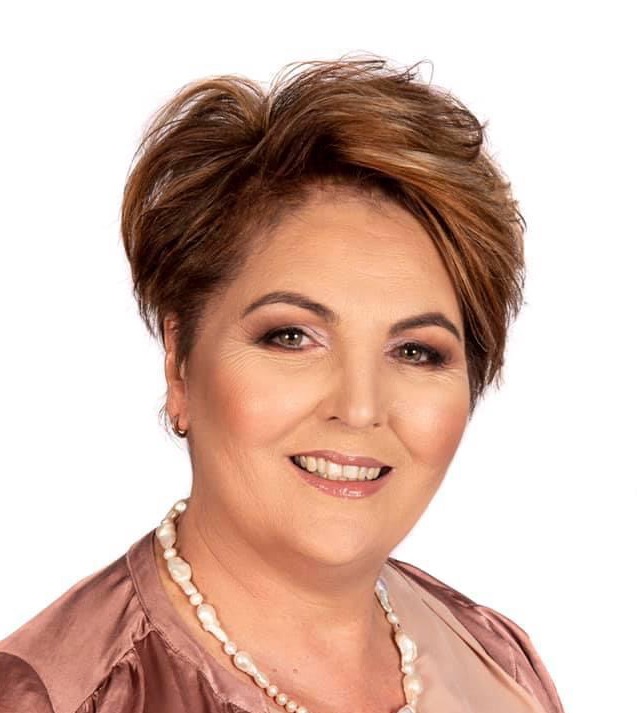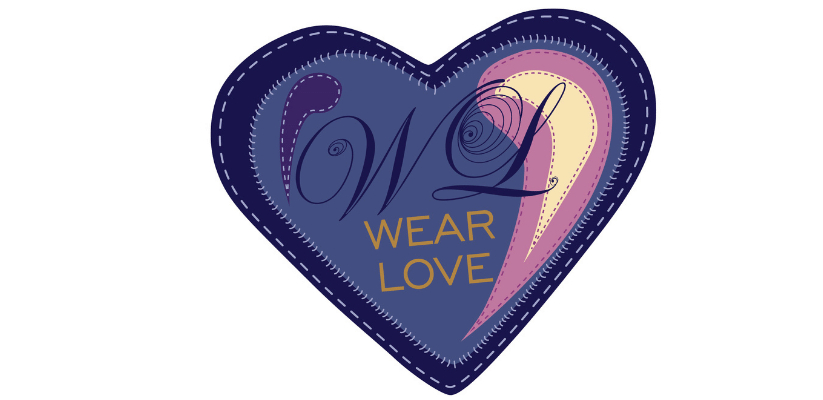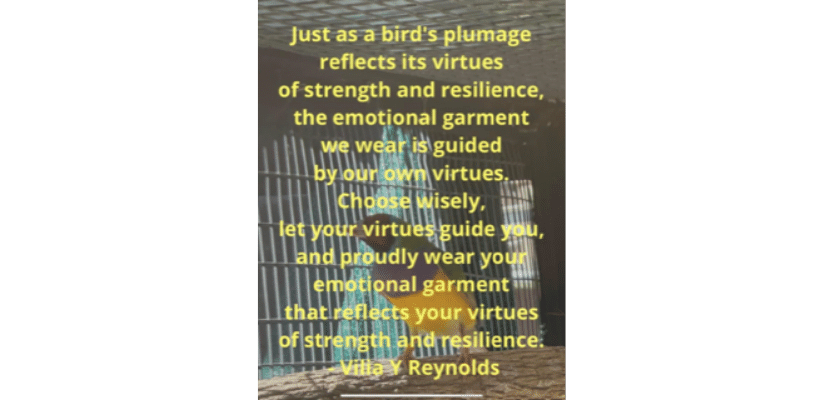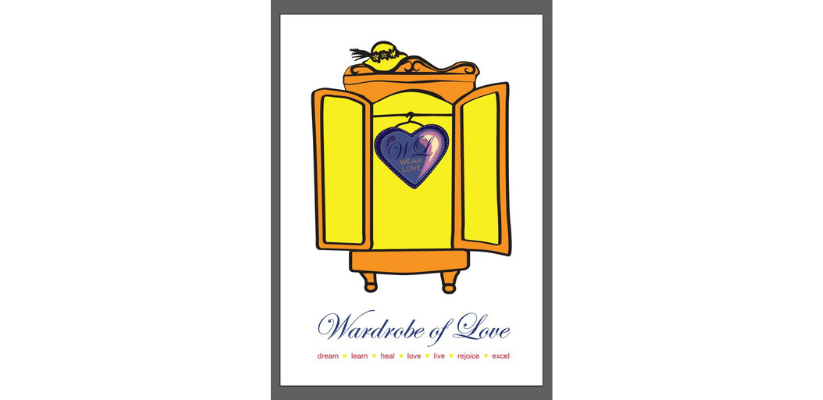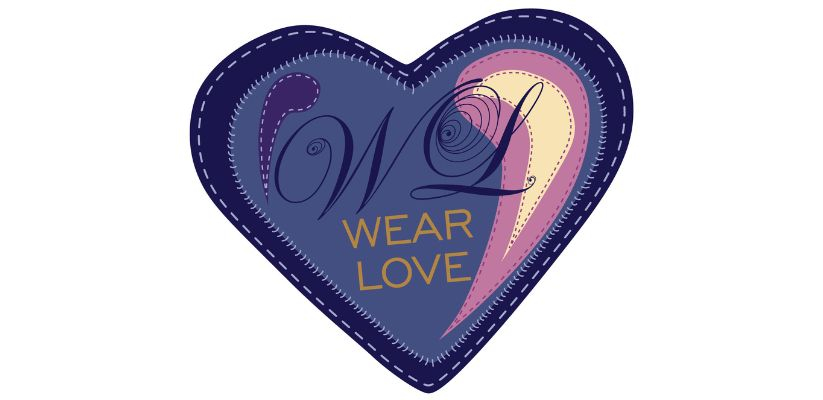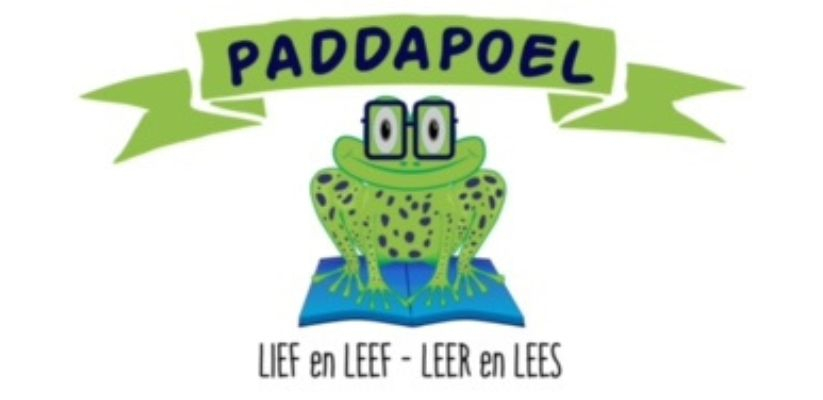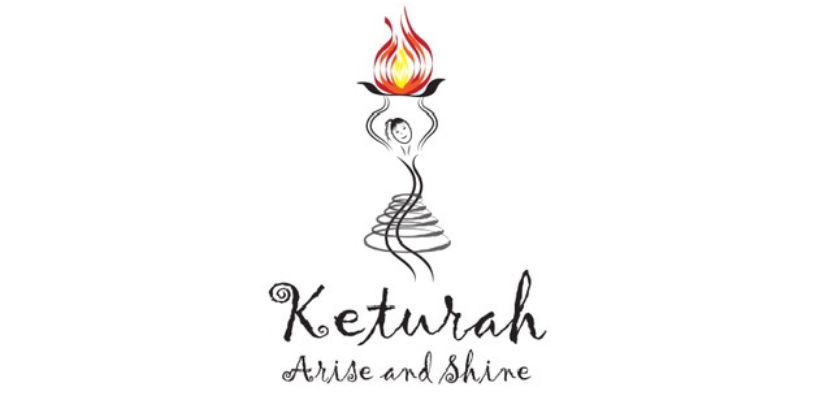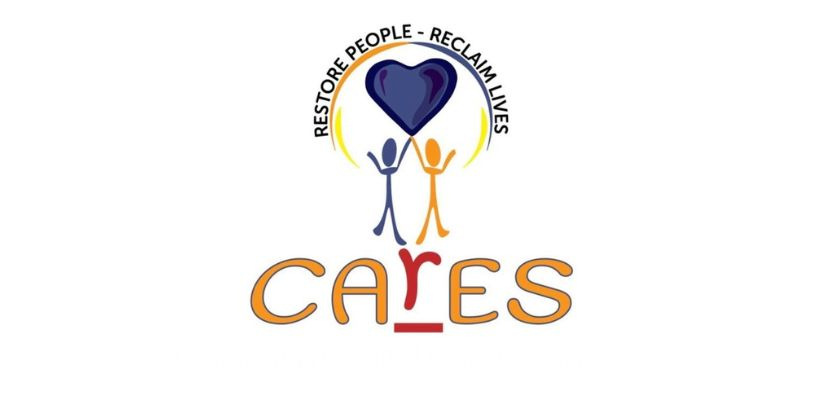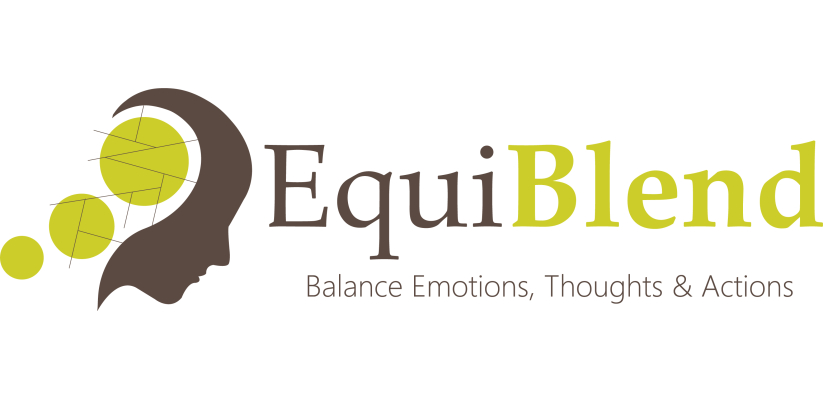I, me and Myself - the Orphan Syndrome by Vilia Y Reynolds
Just as a baby bird needs a nurturing, dependable caregiver to thrive, so too do children who require love and support from their parents to develop into healthy, well-adjusted adults. Yet when divorce strikes, a child's sense of security and belonging can be shattered, leaving them feeling like an abandoned, orphaned bird. And when emotional neglect or abuse is added to the mix, the impact on a child's physical, emotional, and psychological health can be devastating.
Unfortunately, the trauma of childhood divorce and emotional neglect or abuse can leave lasting scars on a person, even into adulthood. Adults who grew up with an orphan spirit may struggle with disconnection, abandonment, and unworthiness, even in healthy relationships and supportive social networks. The Adverse Childhood Experiences (ACEs) study has shown that childhood trauma can lead to various adverse health outcomes, including depression, anxiety, addiction, and chronic disease.
In this article, we'll explore the concept of "orphan syndrome" in the context of divorce-related trauma and examine how emotional neglect or abuse by a parent can contribute to this debilitating condition. We will explore the causes and symptoms of orphan syndrome, the behaviour traits that often accompany this condition, and its potential to lead to obsessive-compulsive disorder (OCD). We will also discuss how orphan syndrome affects an individual's self-esteem, self-worth, and relationships with others.
Growing up in a stable, loving environment is essential for a child's healthy development. Yet, when children experience trauma or neglect, they can develop a sense of abandonment, disconnection, and worthlessness. This feeling is commonly referred to as "orphan syndrome."
Causes of Orphan Syndrome:
The orphan syndrome can be caused by various childhood experiences such as parental divorce, emotional abuse, physical abuse, sexual abuse, and neglect. The more adverse childhood experiences (ACEs) an individual faces, the higher their risk of developing orphan syndrome. Children who experience ACEs are often less able to trust others and form meaningful relationships. Over time, they may become detached from themselves, others, and social activities, leading to a persistent sense of loneliness and isolation.
Symptoms of Orphan Syndrome:
The symptoms of orphan syndrome vary depending on the individual's experiences, personality, and coping mechanisms. However, some common symptoms include feelings of abandonment, unworthiness, anxiety, hopelessness, depression, and difficulty connecting with others. Individuals with orphan syndrome may also struggle with self-doubt, fear of rejection, and negative self-talk.
Behaviour Traits:
Individuals with orphan syndrome may exhibit certain behavioural traits that stem from their trauma. These traits can include difficulty establishing trust in others, chronic avoidance of social situations, high levels of emotional sensitivity, and a tendency toward codependent relationships. As a result, individuals with orphan syndrome may struggle to set boundaries, have low self-esteem, and engage in self-destructive behaviours.
Orphan Syndrome and OCD:
In extreme cases, orphan syndrome can lead to obsessive-compulsive disorder (OCD). The fear of abandonment and the need for control can manifest in compulsive behaviours such as hoarding, perfectionism, or ritualistic routines. In these cases, the individual may feel temporary relief from their anxiety when engaging in these behaviours, leading to further compulsions.
Self-Esteem, Self-Worth, and Relationships:
The orphan syndrome can also significantly impact an individual's self-worth and relationships with others. Low self-esteem can lead to self-destructive behaviours such as addictions, self-harm, and unhealthy relationships. Individuals who struggle with orphan syndrome may find it challenging to form meaningful connections with others or may inadvertently seek out codependent relationships that reinforce their feelings of unworthiness.
Conclusion:
The orphan syndrome is a debilitating condition caused by childhood trauma, such as emotional neglect or abuse. It can lead to significant mental health challenges such as depression, anxiety, and, in extreme cases, OCD. The symptoms, behavioural traits, and impact on self-esteem and relationships can be challenging to overcome without professional help. However, with adequate support and healing strategies, individuals can learn to overcome orphan syndrome and lead satisfying, fulfilling lives.
